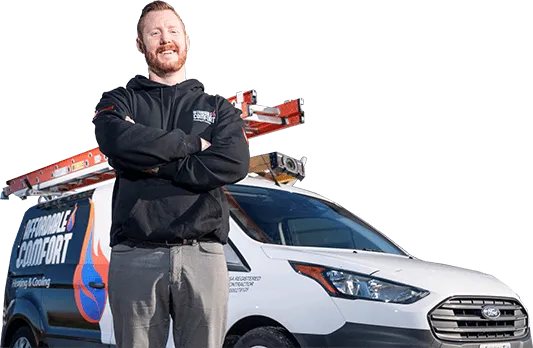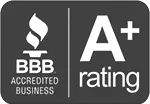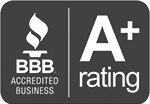A tankless water heater, also known as an on-demand or point-of-use (POU) water heater, is a type of water heating system that heats water only when it is needed.
Tankless water heaters are much more energy efficient than traditional storage tank water heaters because they do not store hot water. The water is heated quickly as it passes through the tankless unit, so there is no standby heat loss.
In addition, tankless water heaters provide a continuous flow of hot water, so you never have to worry about running out of hot water.
There are many benefits to using a tankless water heater. tankless water heaters are:
- More energy efficient than traditional storage tank water heaters, with efficiencies up to 98%
- Continuous flow of hot water
- Compact and take up less space
- Longer life span than storage tank water heaters
If you are thinking about upgrading to a tankless water heater, or if you have any questions about tankless water heaters, give us a call today, we are always happy to help.
Find out more on how a tankless water heater can save you money.













